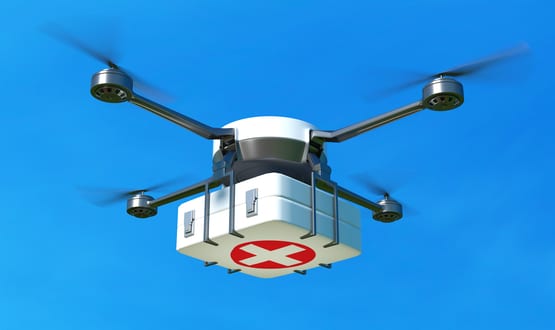US health IT tsar rejects ‘Google’ style record sharing
- 15 February 2006
The idea of a creating a virtual network that keeps health data in its original store and shares information via a ‘Google-type’ search is not on the horizon at the moment, according to the leader of US’ electronic medical records programme, Dr David Brailer.
Speaking at a press briefing at the HIMSS (Health Information Management Systems Society) annual meeting in San Diego, National Health Information Technology Coordinator, US Department of Health and Human Services, Dr Brailer, advocated a ‘lightly brokered network’.
He emphasised: "I don’t pay much regard for central structures, they take up too much time and money."
But at this time he said he could not see a solution that did not require some sort of intermediary or broker. He explained this was because patients would want to know who saw their data and this required a different sort of index to the type used on peer-to-peer Google-style searches.
Dr Brailer said there were lots of portal efforts underway and solutions had been suggested from people who worked in areas such as retail.
But he concluded: "I have not seen the epiphany… I hope people keep experimenting but I don’t see a breakthrough that’s going to take us all the way without something in the middle."
The same idea has been mooted as a solution for England’s NHS Care Records Service where the intention to create summary records stored on the NHS Spine has proved controversial.
HIMSS provides many other examples of parallel issues that are occupying minds on both sides of the Atlantic. A questioner referring to the debate about lightly brokered solutions versus Google-type searches asked the frequently-posed question in the UK: “Who owns the data?”
Dr Brailer discussed the different concepts of data ownership and concluded the conventional ones around intellectual property were not helpful.
He commented: "We don’t have a paradigm for what ownership means in health data."
He set the challenge to articulate what health data ownership should mean and quoted a recent warning from US Senator Edward Kennedy: “We don’t want technological capacity to outrun social dialogue.”
Dr Brailer added: “We don’t want a backlash. We can deliver technology far ahead of the consumers’ ability to say what they want.”




